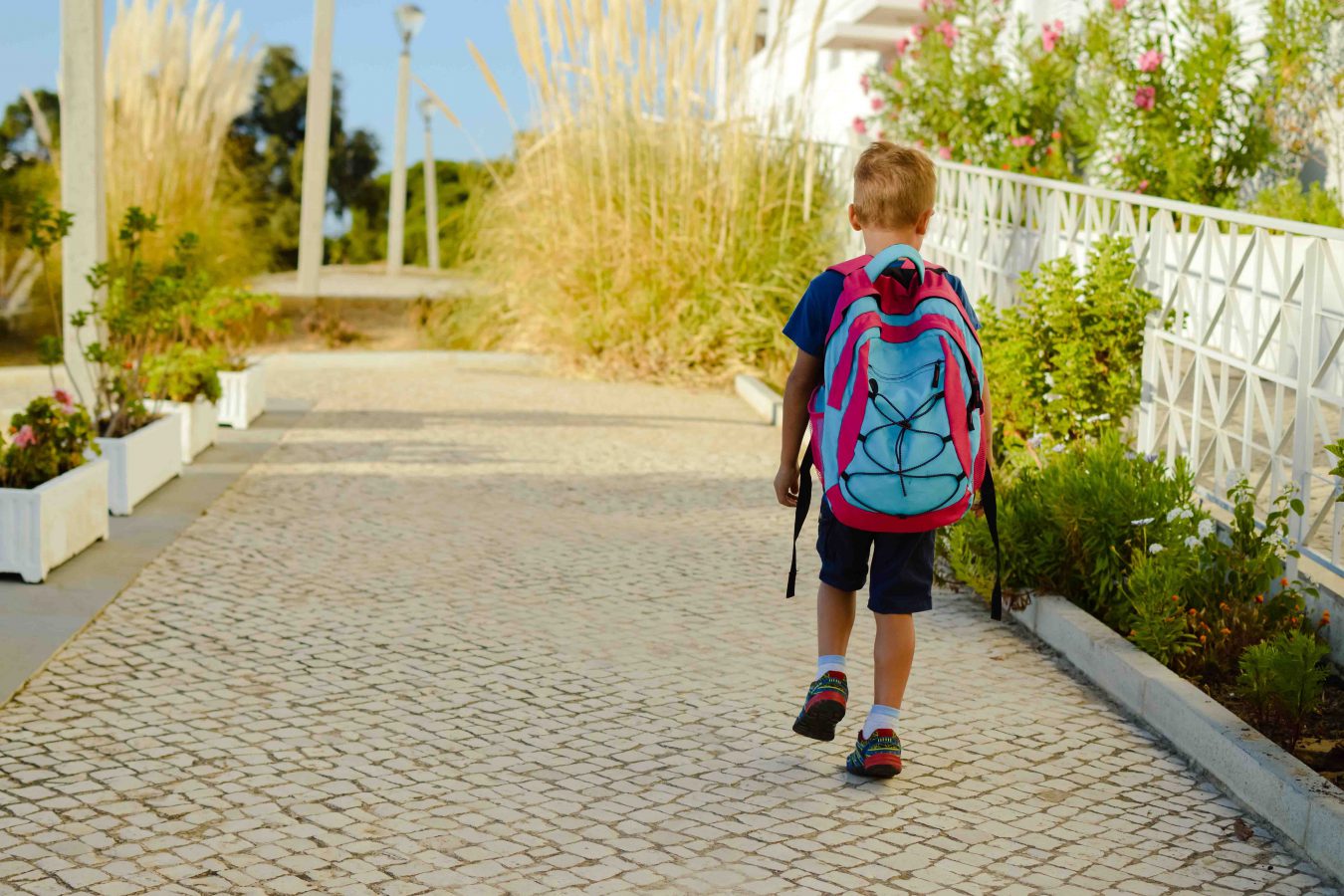
The impact of parents drinking, bonding in the kitchen, and what's the right age for a smartphone.
Our selection of thought-provoking and useful articles from around the web on educating and raising children.
Even moderate drinking by parents can upset children – study
(Denis Campbell, The Guardian)
Alcohol will be a part of the holiday season for many people. We have all heard the warnings from authorities about the impact on health from alcohol abuse. But what’s the impact of children seeing their parents drink too much? New research from the United Kingdom finds that children can become anxious, embarrassed and worried by even moderate drinking by their parents. Alcohol was described as ‘like sugar for adults’ by some 11 and 12-year-olds.
What Children – and Parents – Can Learn From Baking Together
(Doris Greenspan, The New York Times Magazine)
In this age of master chefs and shows about ruling kitchens, it’s good to be reminded that the kitchen can be a place of human warmth and caring. This is a gentle reflection by a mother on baking with her son Joshua, from toddler to teenager. It was much more than the cookies and cakes produced. Those sessions formed the basis of shared memories and simply, the joy of being together.
Deciding at What Age To Give A Kid A Smartphone
(Claire McInery, nprEd)
As children’s gift wish lists are being prepared, it’s certain that smartphones will feature prominently. This article from the education section of National Public Radio asks the question, What’s the right age to give a child a smartphone? It looks at two families: one where smartphones are allowed for primary and junior secondary students, and one where they are not.
The neuroscience on how to motivate a teenager
(Jen Hyatt, Agenda, World Economic Forum)
Things are not looking good for the health of young people – 81 per cent are not getting enough exercise, according to the World Health Organisation. So how do you get them to change? The failure of existing approaches is that they assume adolescents are motivated to be healthier in the distant future. The author argues that instead, we should look to the science of the adolescent brain, and focus on immediate rewards for healthier behavior.
Like this post? Please share using the buttons on this page.
You can also subscribe to The Parents’ Website and get regular updates straight to your inbox.


